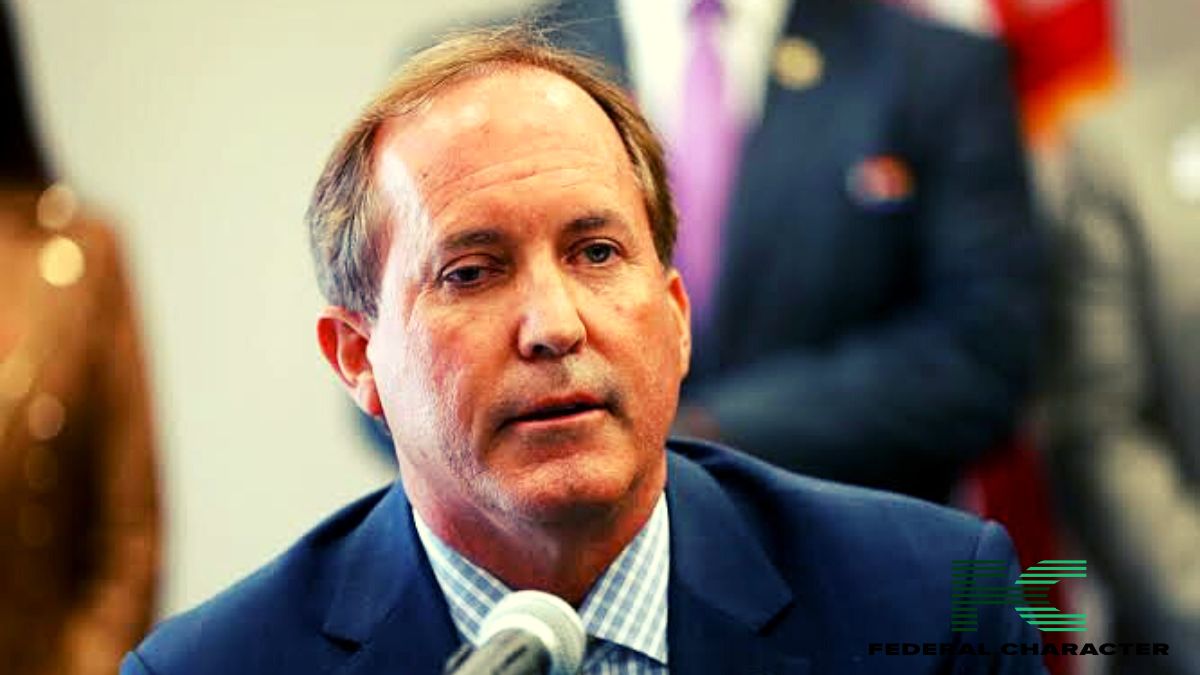The Texas Senate declined to dismiss impeachment charges against Texas Attorney General Ken Paxton on Tuesday. This trial, led by his fellow Republicans, has the potential to strip him of his office amid allegations of corruption and other misconduct.
Ken Paxton, a staunch ally of former President Donald Trump, has been suspended from his position since the Texas House of Representatives impeached him in May. The charges against him include 20 counts of corruption, such as aiding a wealthy political donor and mistreating whistleblowers who accused him of wrongdoing.
The 31-member state Senate holds the fate of Paxton, with the authority to remove him after a trial that commenced on Tuesday, focusing on 16 of the articles of impeachment. The trial is anticipated to last several weeks, and both chambers of the legislature are under Republican control.
During Tuesday’s proceedings, the Senate voted on various pretrial motions. Senators rejected a motion to dismiss all charges by a vote of 24-6 and also voted against additional motions seeking to dismiss individual charges.
Paxton, who is also under FBI investigation, has consistently denied any wrongdoing and framed the impeachment effort as a politically motivated witch hunt. Despite facing legal troubles dating back to 2015, the 60-year-old Paxton was elected to his position three times, securing re-election last year.
As the attorney general, Paxton has supported powerful oil and gas interests, pursued restrictions on abortion and transgender rights, and led Republican state opposition to Democratic presidential policies. He also filed a lawsuit aimed at overturning Donald Trump’s defeat in the 2020 election.
The impeachment proceedings against Paxton were triggered by his request that House lawmakers approve a $3.3 million settlement he reached with four former staff members who accused him of abusing his office and were subsequently terminated. State lawmakers did not take action on Paxton’s request.
In the state House, Paxton was impeached by a vote of 121-23 on 20 articles of impeachment, which accused him of various offenses, including improper assistance to a real estate developer who donated to him, conducting a sham investigation against whistleblowers in his office, and concealing wrongdoing in a separate federal securities fraud case.
The state Senate is composed of 19 Republicans and 12 Democrats. To secure Paxton’s permanent removal from office, all Democrats are expected to vote for conviction, requiring nine Republicans to join them to achieve the two-thirds majority.
Notably, Paxton’s wife, Angela, is a Republican state senator, but she was not permitted to vote or partake in his trial due to concerns regarding a conflict of interest.
The state Senate’s impeachment rules committee has set aside four charges related to Paxton’s private business dealings that were deemed obstruction of justice and false statements in official records by the House charges. At the conclusion of the trial on the remaining 16 charges, the Senate may either dismiss those four charges or hold a separate trial for them.
This trial may expose a division among Texas Republicans akin to the national party’s divisions over Donald Trump. Jonathan Stickland, who leads a political action committee supported by three billionaire oil tycoons, has pledged to ensure that Republicans opposing Paxton face well-funded primary challengers in their next elections. This pressure could potentially aid Paxton in securing an acquittal.
According to political scientist Bob Stein from Rice University, “If senators want to hold onto their seats, let alone do something in the future like run for Congress, they have to watch carefully what they do because of these political donors backing Paxton.”
Southern Methodist University political scientist Cal Jillson pointed to the lopsided House vote as an indicator that Paxton might not retain his position, noting, “There is great security in crowds. The crowd of Republicans that voted to impeach him in the House and those that will likely vote against him in the Senate are going to be harder to punish.”














